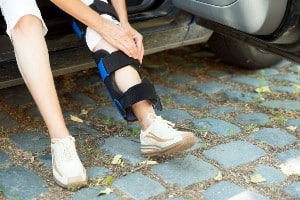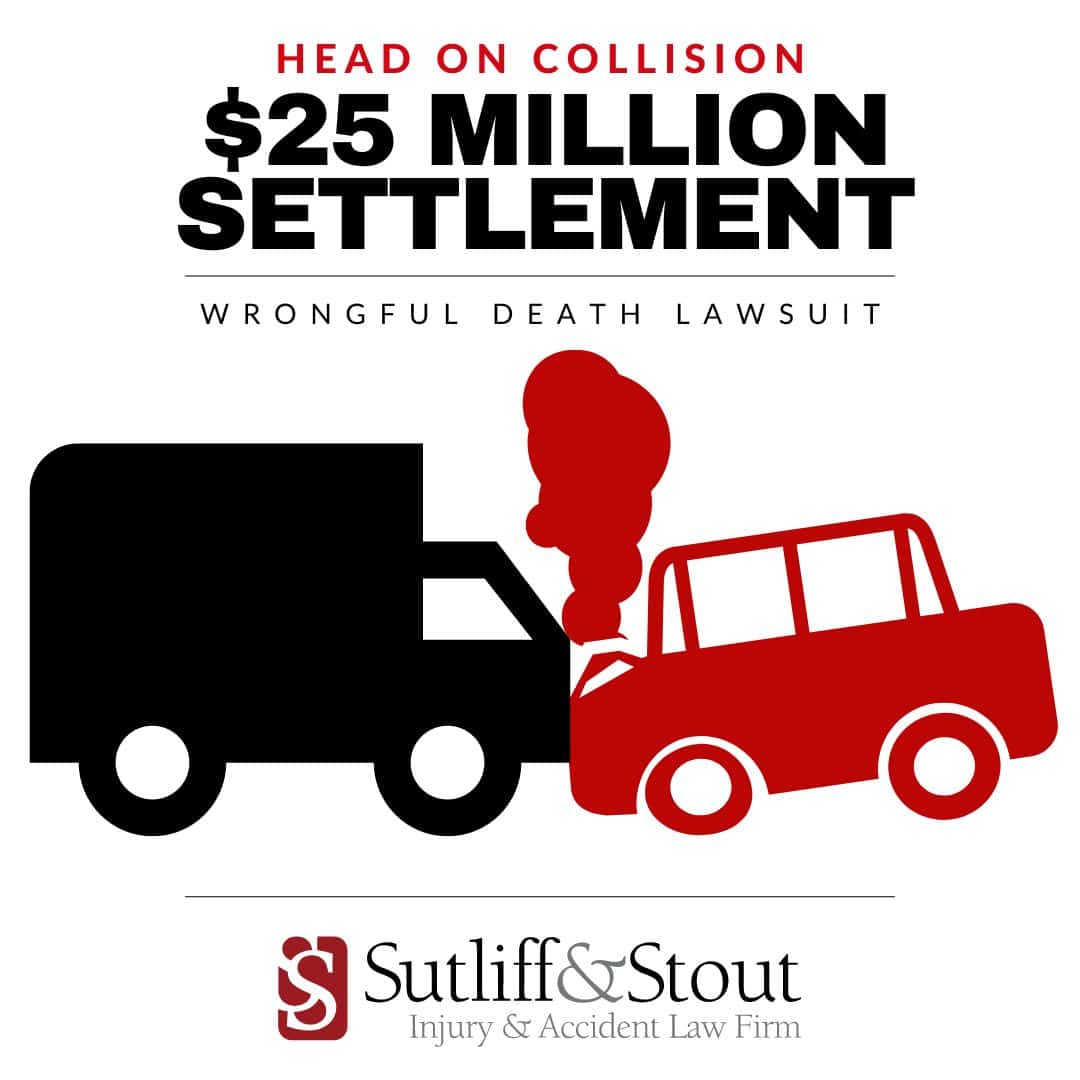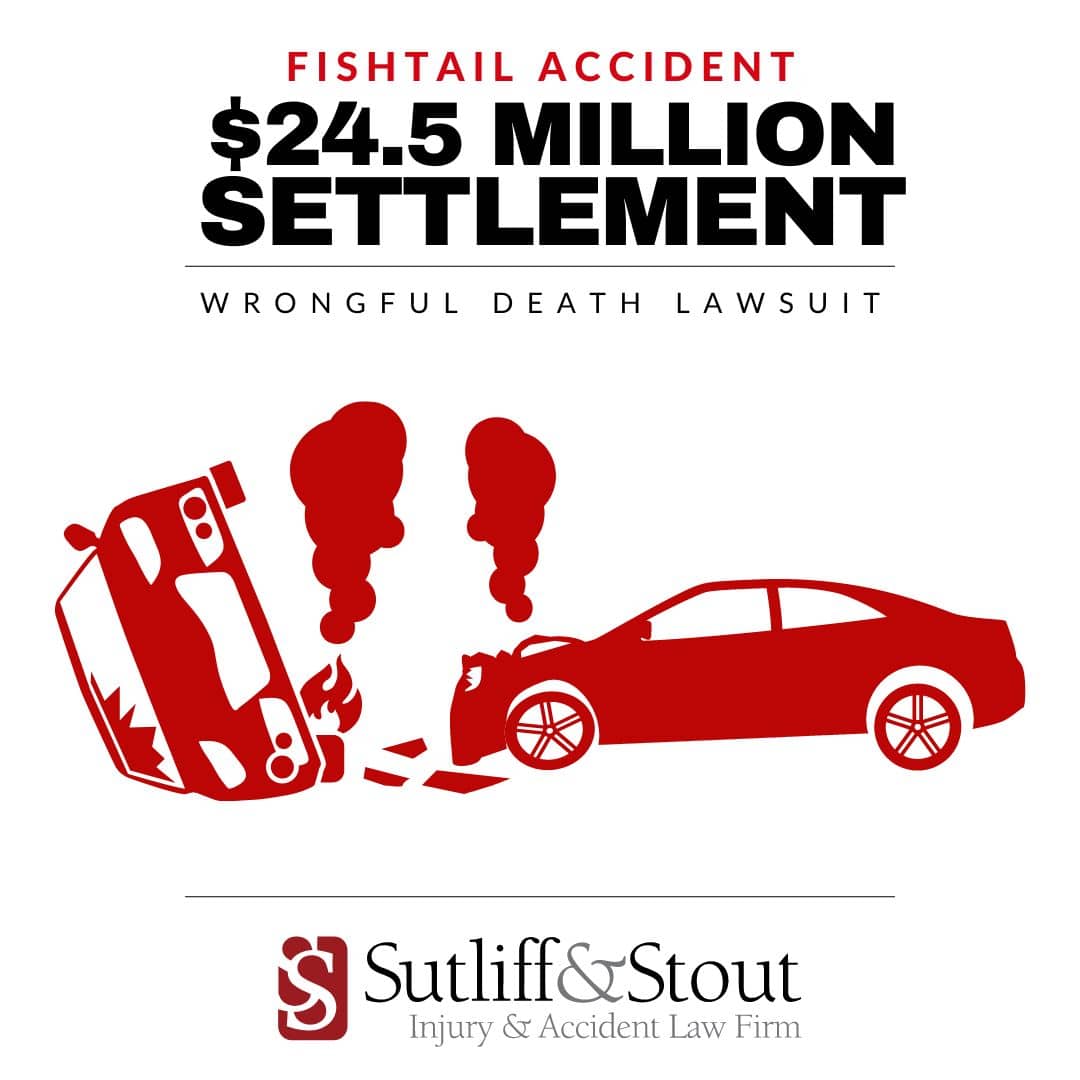Personal injuries can occur in various settings and situations, leading to legal claims in different practice areas. Here are the common types:
Car Accidents: Vehicular incidents are one of the most common causes of personal injuries. They can result from various factors such as distracted driving, speeding, and drunk driving. Injuries range from whiplash and fractures to more severe injuries like spinal cord damage and traumatic brain injuries.
Slip and Fall Accidents: Slip and fall accidents often occur in public places, workplaces, or private properties due to hazards like wet floors, uneven surfaces, or inadequate lighting. These accidents can cause injuries such as broken bones, sprains, and head injuries.
Medical Malpractice: This type occurs when healthcare providers fail to meet the standard of care, resulting in patient harm. Examples include misdiagnosis, surgical errors, and medication mistakes, leading to serious injuries or even wrongful death.
Product Liability: Product liability cases involve injuries caused by defective or dangerous products. This can include defective vehicles, pharmaceutical drugs, household appliances, or children’s toys. Injuries may range from burns and lacerations to more severe consequences.
Workplace Accidents: These occur in various industries and can result from hazards like machinery malfunctions, falls from heights, or exposure to toxic substances. Workers may suffer injuries such as fractures, amputations, or occupational diseases.
Dog Bites: Dog bite injuries can occur when dogs attack or bite individuals. These incidents often lead to physical injuries like puncture wounds, lacerations, and tissue damage, as well as emotional trauma.
Premises Liability: Premises liability cases involve injuries that occur on someone else’s property due to hazards like inadequate security, defective conditions, or negligent maintenance. Injuries may include slips, trips, and falls, as well as assaults in unsafe environments.
Wrongful Death: Wrongful death claims arise when individuals die as a result of someone else’s negligence or misconduct. These cases can stem from various incidents such as car accidents, medical malpractice, or workplace accidents, leading to devastating consequences for surviving family members.
Nursing Home Abuse: Nursing home abuse cases involve the mistreatment or neglect of elderly residents in nursing homes or assisted living facilities. This can include physical abuse, emotional abuse, neglect of basic needs, or medical malpractice, leading to injuries and deterioration of health.
















